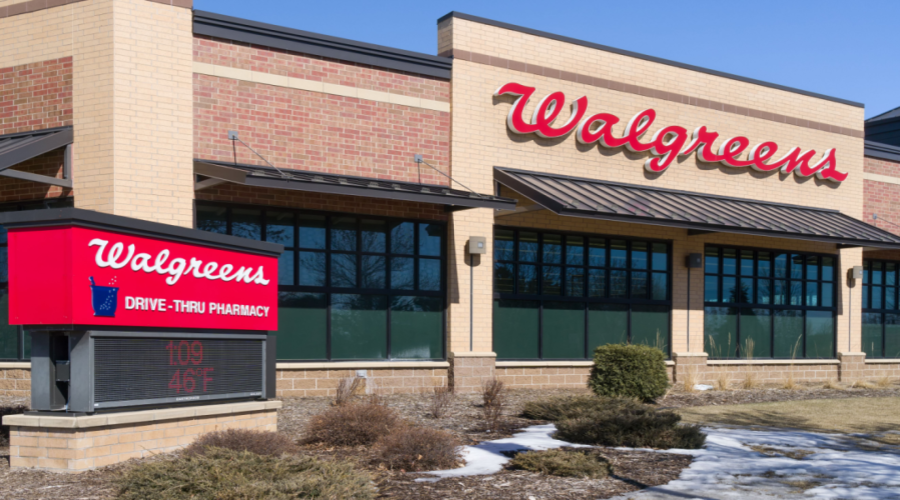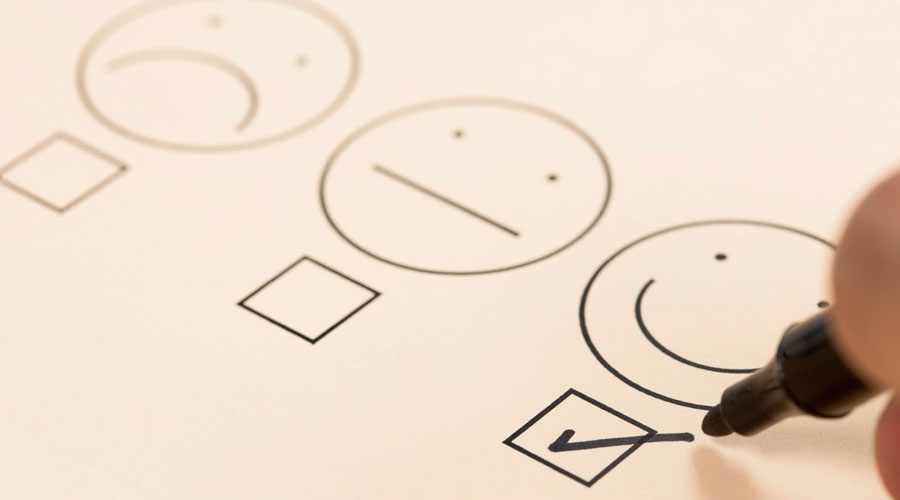Inside: Pharmacy buying groups provide independent pharmacies a way to easily scale their business to get a better cost of goods from wholesalers.
In the world of independent pharmacy, prescription volume is power.
When you have a high script count, wholesalers take you more seriously. They’re willing to charge less because they compensate for the margin they lose with the robust volume they gain.
As a small operation, you can’t multiply your prescription volume overnight. It takes years of building relationships with patients and establishing brand recognition in your community to increase your volume.
And for most independents, getting volume high enough to significantly negotiate a low cost of goods is likely not possible. National chains and regional chains take substantially more volume to the negotiation table than the average independent community pharmacy.
But there’s an easy way to get special treatment from wholesalers. A way to immediately grow your prescription volume to the level of regional chains. And to do it for free and without any work.
It’s called a buying group — also known as a group purchasing organization or a cooperative.
What is a pharmacy buying group?
Buying groups take multiple independently owned pharmacies, put them in a group, and then take their entire pool of business to the negotiation table. The wholesaler that offers the best cost of goods gets a multi-year commitment from all of the pharmacies in the group.
On Drug Channels, Adam Fein writes, “Pharmacy owners have responded to their own profit pressures partly by collaborating with peers via Group Purchasing Organizations (GPOs). These pharmacy buying groups have altered and accelerated wholesaler competition for the business of independent pharmacies … As the GPOs have grown, wholesalers have had to compete more aggressively to win and retain the business of the groups and their members. When a buying group switches its primary wholesaler, the non-selected wholesalers will work hard to retain as much business as possible.”
Related: The Real Reason Pharmacy Profit Margins Are Declining
How buying groups work
Buying groups put power in the hands of independent pharmacies. Here’s how.
Create negotiating power
It costs wholesalers a lot to get products to your pharmacy — the staff, technology, and time adds up. That means they have to make a considerable amount of money from a pharmacy to make it worth their time and effort. If you are a single community pharmacy, wholesalers don’t have much incentive to give you a favorable contract because of this cost vs profit imbalance.
This is why major chains getting much better pricing. Their volume is through the roof. The distribution costs for servicing an independent are about the same, yet the revenue is paltry in comparison.
Buying groups solve that problem. Buying groups increase the total volume, giving community pharmacies more power at the negotiating table.
Provide expertise
When wholesalers come to the negotiation table, they bring their A-game. You need to bring your A-game, too. But you’re a pharmacist, not an expert on contracts.
If you join a buying group, you’ll have your own expert at the table. Group purchasing organizations have their own experienced negotiators who can cut through the jargon in order to get you the best deal possible. They know what contract language to look out for, how to parse the complicated incentive structures, and how to talk to the person on the other side of the table.
A good negotiator will also help you understand the details of your wholesaler contract before you sign on the dotted line so you can be confident you’ve gotten a deal that works for your pharmacy. The best buying groups bring you alongside the negotiation and let you have as big of a role as you want. They not only tell you, they teach you.
Finding the best buying group
There are many different buying groups to choose from, but they won’t all deliver the same great results. When choosing a buying group for your independent pharmacy, make sure they check all the right boxes.
Solicits multiple bids
Increasing your prescription volume is one way to create leverage during the negotiation process, but it isn’t the only way. Another way to make wholesalers blink is by creating competition.
Look for a buying group that solicits bids from more than one wholesaler to add an extra dose of competition to the negotiating process. When you have more than one bid, you create additional leverage. Wholesalers will offer you even better terms in order to beat out their competitors.
Even after you’ve chosen a favorite and signed your contract, your primary wholesaler will be on their toes and go above and beyond to make sure a competitor doesn’t poach you when your contract is up.
If your buying group is committed to one primary wholesaler, you’d be wise to try another group that will get you the best deal no matter the wholesaler. ProfitGuard, a group purchasing organization from PBA Health, is one of the only buying groups that solicits bids from multiple wholesalers. And with ProfitGuard, you can see your savings for yourself without having to commit to anything. They will negotiate a new contract for you, and if you don’t like the deal, you can back out with no consequences.
With ProfitGuard, see what you can save on your cost of goods. If you don’t like it, back out without any consequences. No fines, fees, or hidden costs. There’s nothing to lose and everything to gain.
Established track record
There’s a lot of money on the line in wholesaler contract negotiations. A good buying group can help you improve your profit margins by 2 to 6 percent, which for many pharmacies adds up to hundreds of thousands of dollars in extra profits every year.
With so much to gain, independent pharmacies should work with a buying group that has a proven track record. Look for a buying group that has negotiators with deep experience and can secure the best contract terms for you.
Don’t settle for a buying group with a boilerplate contract. Instead, look for an organization that will tailor their negotiating tactics to your pharmacy’s needs and consult with you before making any big commitments.
Optimizes purchases
Look for a buying group that will help you increase your profit margins even after you’ve signed your wholesaler contract.
With all the terms and conditions, it can be complicated to make the best purchasing decisions. Even with great contract terms, if you don’t have the right purchasing strategy, you may not save any money.
Don’t settle for a buying group that drops you like a hot stone once the contract is finalized. A good buying group will help you optimize your buying strategy in order to meet all the compliance requirements, and in turn, get the biggest rebate.
Provides backup
Even if you’re thrilled with your primary wholesaler contract, there are going to be times when they don’t have the drugs you need available.
For those times when your primary is out of stock, your buying group should have your back with connections to a reliable secondary supplier.
The secondary on your speed dial should offer more than low prices. It should have Drug Distributor Accreditation so you can feel confident in the quality of the product. It should also offer a full line of brands, generics, OTCs, and controlled medications so you don’t have to shop around to find the right stuff.
Not sure which buying group is right for you?
ProfitGuard guarantees a better contract than you have now. That’s a real guarantee, not a turn of phrase. Their expert negotiators solicit bids from multiple wholesalers and will ensure that your final contract is customized to your pharmacy’s needs.
“It’s the industry game changer for the independent pharmacy owner or operator,” says Huy Duong, owner of Dale’s Pharmacy in Colorado. “There’s nothing out there like it on the market.”
With ProfitGuard, you’ll also have access to a proprietary tool to help you optimize your purchasing decisions and take advantage of the rebates outlined in your contract. Pharmacies are saving more than $10,000 a month with this tool alone.
If your primary wholesaler doesn’t have what you need, you’ll have access to PBA Health’s NABP-accredited warehouse, which carries a full line of products.
A Member-Owned Company Serving Independent Pharmacies
PBA Health is dedicated to helping independent pharmacies reach their full potential on the buy-side of their business. Founded and owned by pharmacists, PBA Health serves independent pharmacies with group purchasing services, wholesaler contract negotiations, proprietary purchasing tools, and more.
An HDA member, PBA Health operates its own NABP-accredited secondary wholesaler with more than 6,000 SKUs, including brands, generics, narcotics CII-CV, cold-storage products, and over-the-counter (OTC) products — offering the lowest prices in the secondary market.












